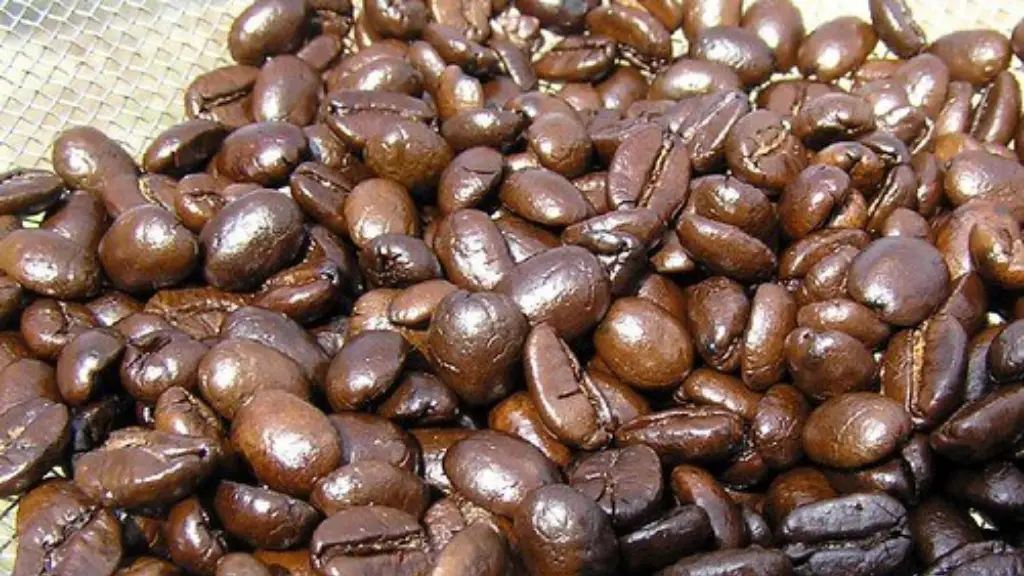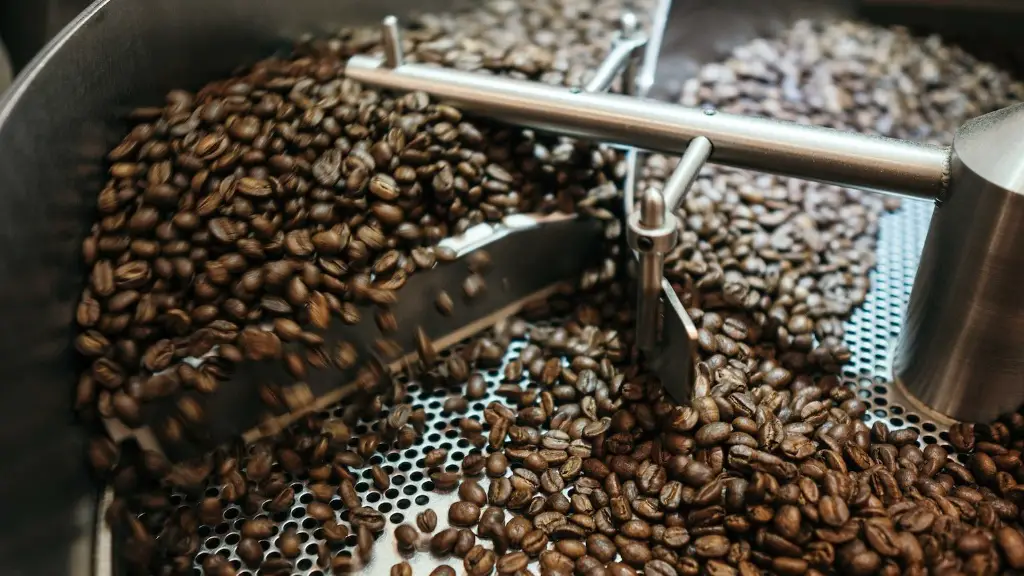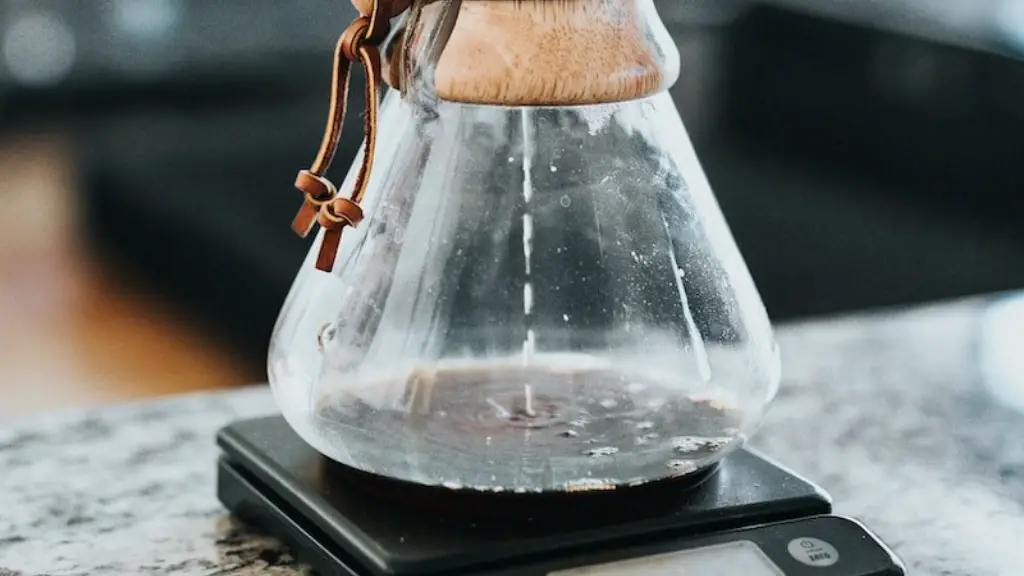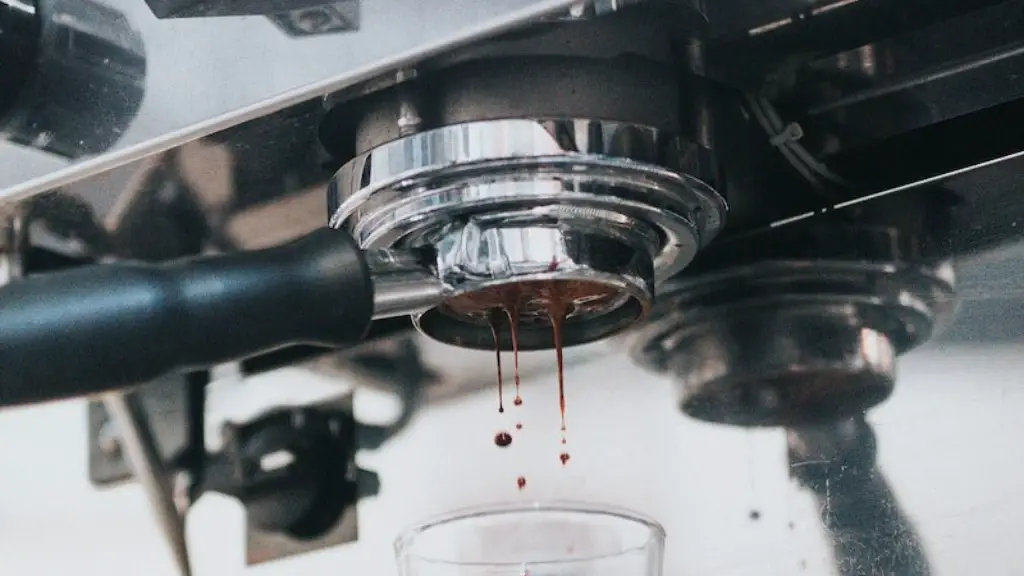Coffee and Constipation: Is it a Good Idea?
For many people, coffee is a must-have morning ritual. However, when faced with constipation it may give some pause, wondering if coffee can help or hinder. While most people agree that it is not ideal to drink coffee while constipated, there is some debate over the possible benefits, as well as potential negative effects.
The medical research on coffee’s effects on constipation shows mixed results. On one hand, it is known to temporarily stimulate the digestive tract and promote regularity- basically, coffee can help to get things moving. Coffee is made up of several different chemicals, including caffeine and magnesium. Caffeine stimulates the bowels, while magnesium promotes gut health, which can help prevent constipation.
On the other hand, regular caffeine consumption could potentially lead to long-term dehydration and therefore, constipation. Even if you are drinking quite a bit of fluids, it can take quite a while for the body to rehydrate after the effects of caffeine have depleted it of fluids. If the body isn’t properly hydrated, the body absorbs less water and it can cause a backup in the intestines and cause constipation.
Experts also agree that coffee can be a good choice if used in moderation and combined with plenty of water. Moderation is key- if someone is trying to get rid of constipation and they drink too much caffeine, it could actually make the problem worse. Because coffee dehydrates the body, drinking too much can do more harm than good.
Additionally, coffee can be used to replace high-sugar drinks that may be contributing to constipation. Replacing soda or sugary juices with a cup of coffee can be a healthier choice, as long as it is done in moderation. Along with the fluids that come from drinking the coffee, remember to sip on plenty of extra water throughout the day to help combat dehydration.
And lastly, there are other ways to get some of the same beneficial effects as coffee. Herbal teas like chamomile and peppermint tea can help stimulate the digestive tract and relieve constipation. Teas that are free of caffeine but contain phenolic compounds can give the same kind of stimulatory effect as coffee, without the potential dehydration.
What Causes Constipation?
The exact causes of constipation can vary from person to person. Some common causes include diets low in fibre and fluids, dehydration, medications, and lack of physical activity. Also, people who are pregnant often experience constipation because of the changes to their metabolism and hormones. Constipation can also be caused by specific medical conditions like irritable bowel syndrome, thyroid disorder, and diabetes.
It is important to see a doctor if you are experiencing chronic constipation or if you are trying to rule out any underlying medical conditions. The doctor may suggest some lifestyle changes or prescribe medication if necessary.
How to Relieve Constipation Without Coffee
Eating a diet rich in fibre and fluids, getting regular physical activity, drinking plenty of water throughout the day, and getting enough sleep are all great ways to help relieve constipation without having to rely on coffee. Eating foods like beans, nuts, fruits, and vegetables can help get things moving. If you are struggling to get enough fibre and fluids, you can also try taking a fibre supplement.
Constipation can affect anyone and the effects can cause a lot of discomfort. The key is to find the right treatment plan that works for you. In some cases, coffee may be a good choice, but only in moderation- always make sure to spend enough time researching what is best for you and consulting with a doctor if symptoms persist.
Preventing Constipation
As the saying goes, an ounce of prevention is worth a pound of cure- the same goes for constipation. Making some lifestyle changes and taking some preventative measures can help keep constipation from coming back. One of the best ways to prevent chronic constipation is to make sure you are eating enough fibre and fluids. Foods high in fibre include beans, nuts, fruits, and vegetables. Additionally, dressing up meals with olive or canola oil or avocados can help aid in digestion.
It is also important to engage in regular physical activity and to get enough sleep. When the body has consistent sleep habits and regular physical movement, digestion should be able to run smoothly. More sleep and regular physical activity can also help decrease stress levels, which can lead to constipation.
Summary and Recommendations
Everybody’s experience with constipation is different, so it’s important to consult a doctor to determine the cause and to receive the best recommendation for treatment. Coffee or other caffeinated drinks can be used to help stimulate the digestive system, but only in moderation. Drinking too much caffeine can lead to dehydration, which can make constipation worse.
Replacing sugary drinks with a cup of coffee can be a great way to cut back on calories while helping to stimulate digestion. Combine coffee with plenty of fluids and other helpful lifestyle changes like regular physical activity and getting enough sleep, and you’ll be able to get things moving once again. Of course, it is always best to consult a doctor before making any drastic changes.
The Benefits of Probiotics
Probiotics are beneficial bacteria and yeasts that naturally live in the human body. When populations of these good bacteria are healthy and robust, they can help keep the digestive system and other bodily functions running smoothly. Additionally, probiotics can help reduce symptoms like constipation, diarrhea, gas, and bloating.
Probiotics can be found naturally in many foods, most notably fermented dairy products like yogurt and kefir. Additionally, many probiotic supplements are available for purchase in pill or powdered form. While there are many different kinds of probiotics available, some of the most common include Saccharomyces boulardii, Bifidobacterium longum, and Lactobacillus acidophilus.
Adding probiotics to your diet is generally safe and can have many benefits, especially for people dealing with constipation. However, people who have weakened immune systems should consult a physician before taking probiotics in case they may cause an adverse reaction. Keep in mind that probiotics are not a miracle cure- they are just one tool in your arsenal in the fight against constipation.
Making Diet Changes to Combat Constipation
Making dietary changes can have a significant impact on preventing constipation. Eating a balanced diet with plenty of fibre and fluids can go a long way in keeping digestion regular. Foods like beans, nuts, fruits, and vegetables help ensure a healthy fibre intake, along with whole-grains and fortified cereals. Along with that, make sure to drink plenty of fluids like water, herbal teas, or vegetable juices.
Furthermore, some people find that eating smaller meals on a more frequent basis helps keep their digestion regular. Eating five or six smaller meals instead of two or three big meals can help make sure that everything is moving and that food isn’t getting stuck. When meals are smaller and occur more frequently, the digestive tract has more time to process everything without becoming overwhelmed.
Finally, it is important to limit or avoid processed foods, fried foods, and sugary drinks as they can slow down the digestive process and lead to constipation. It is not necessary to cut these foods out altogether, just make sure to practice moderation. A diet rich in variety is always the best practice in order to make sure that the body is getting all the nutrients it needs to stay healthy.





